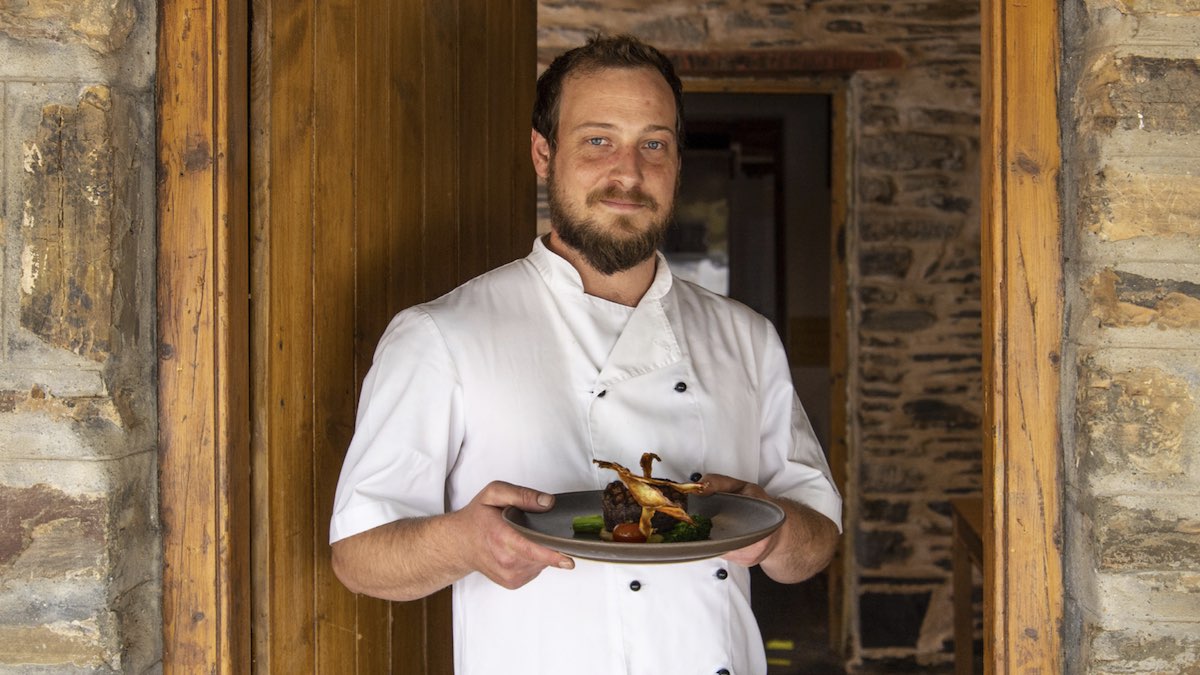Groundbreaking program will see an increase in medical student placements within South Australia
In a significant move to address the shortage of doctors in regional areas, the Albanese Government has announced a rural medical training program in collaboration with South Australia’s Flinders University.
The program will allow students, for the first time, to complete their entire medical degree in regional areas with a total of 40 extra students each year being able to undergo their medical training across regional South Australia starting from 2025. Flinders University will receive substantial Federal Government funding amounting to $19.7 million and the highest share of places among all universities in the country.
Presently, Flinders University provides medical degree placements in various locations, including the Barossa, Berri, Renmark, Mount Gambier, Murray Bridge, and Victor Harbor. The funding injection will enable Flinders to expand its program, enabling students to undertake their entire four-year study in these regions.
Highlighting the broader context of doctor shortages in regional areas nationwide, the State Government has consistently advocated for an increase in locally trained doctors. This program is a significant step towards addressing this critical issue.
Chris Picton, grateful for the initiative, stated, “I thank the Federal Health Minister Mark Butler, Education Minister Jason Clare, and Assistant Minister for Rural and Regional Health, Emma McBride, for this important announcement for training more doctors in country SA. We know that having a sustainable workforce is the biggest hurdle facing our health system in regional South Australia.”
Picton emphasises the importance of training doctors in South Australia and the vital role of regional training programs in ensuring a sustainable pipeline of doctors for the future. “Training more doctors here in South Australia, and having training taking place entirely in our regional areas, is absolutely vital to ensuring the future pipeline of regional doctors,” he adds.
Professor Colin Stirling, Vice-Chancellor of Flinders University, acknowledges the university’s proven track record in producing rural doctors. He highlights the benefits of early exposure to rural health settings and learning in interprofessional teams, emphasising the significance of these experiences in the professional and personal development of students.
The collaborative efforts between governments, health services, and educational institutions, as evident in this program, hold promise for addressing the healthcare needs of rural Australians and creating a sustainable healthcare workforce for the future.










